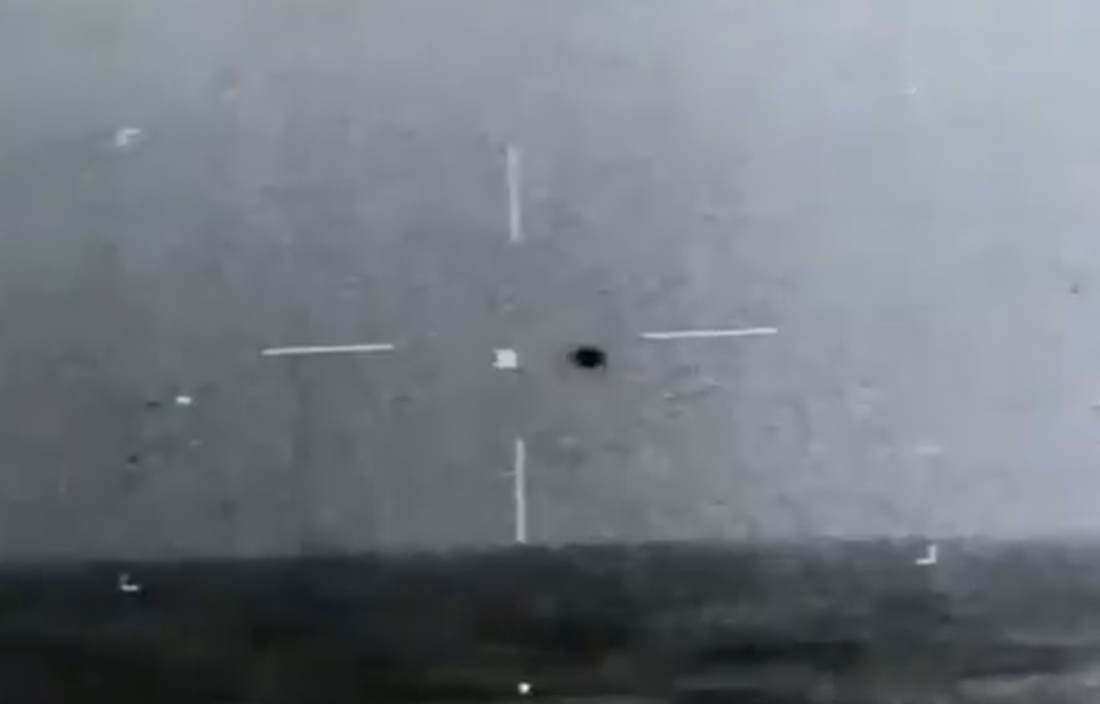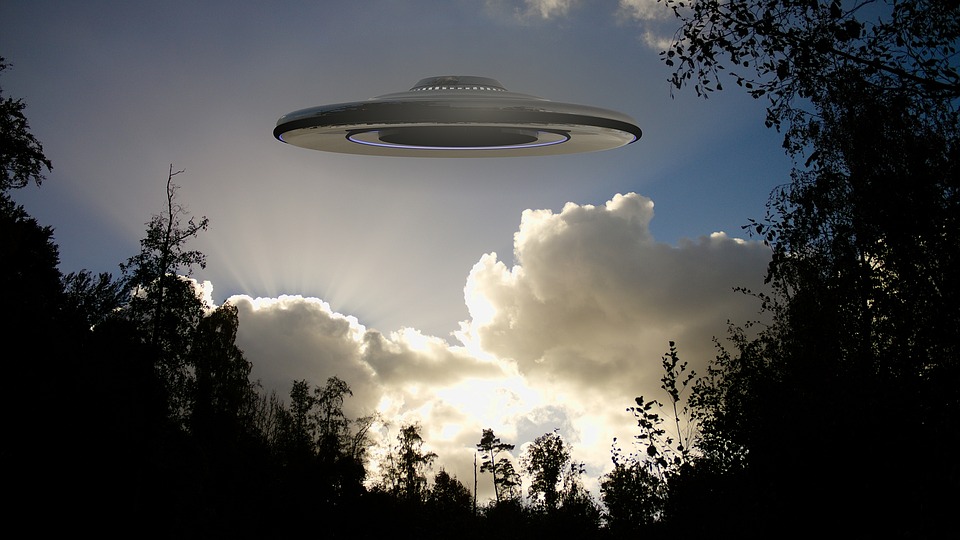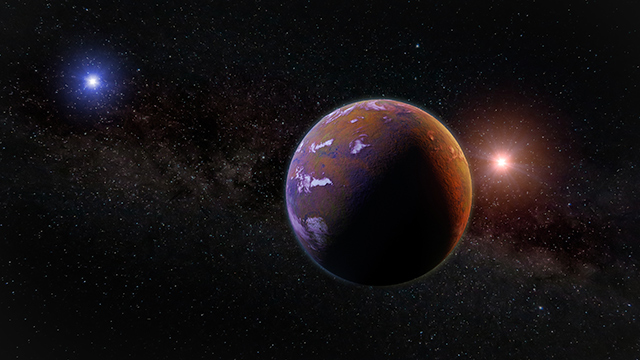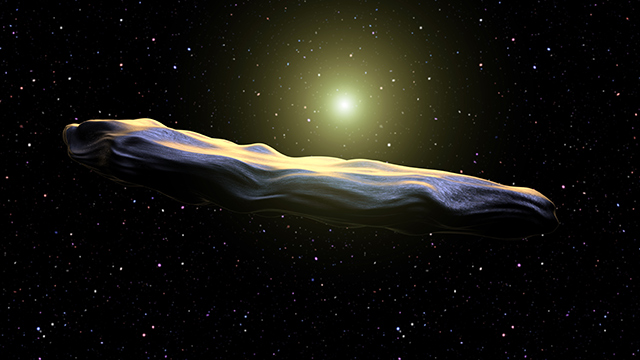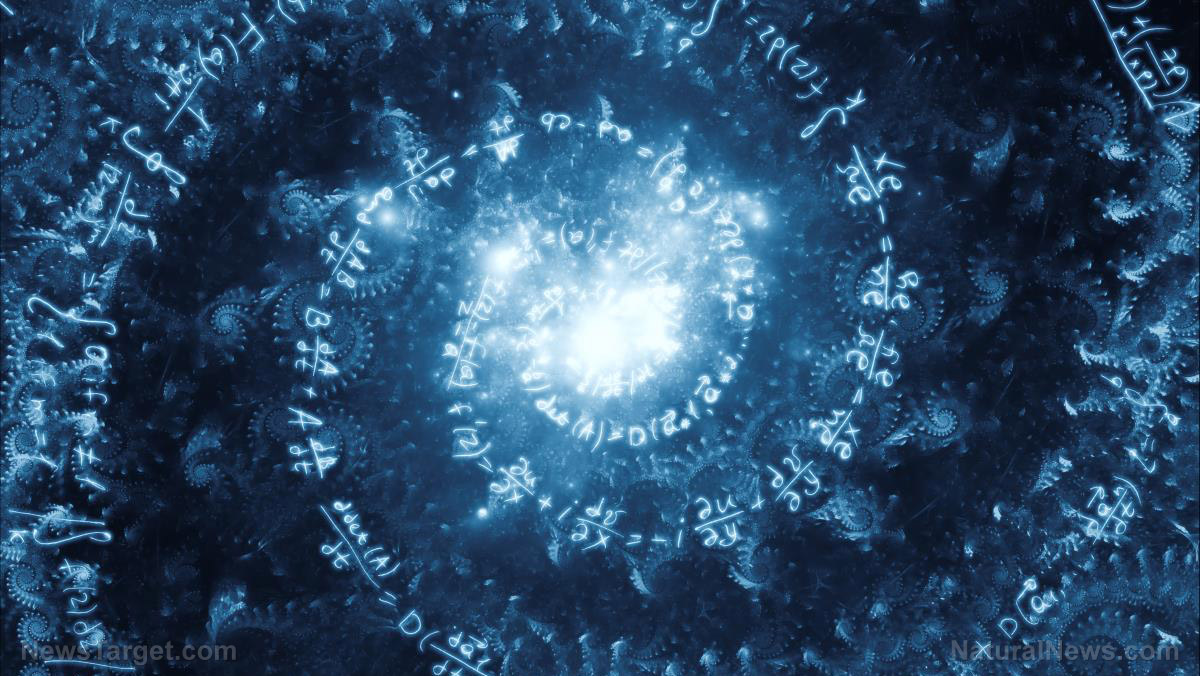
Black holes are points in space where gravity is pulling so strongly that even light is unable to escape it. It gets its strong gravitational pull from the fact that matter has been squeezed into a very tiny space, something that may happen when a star is dying.
People are unable to see black holes because light cannot make its way out of them. However, specially equipped space telescopes are capable of locating them, and scientists have used these tools to study how the stars situated close to black holes behave differently than other stars. It's believed black holes could serve as a significant source of energy.
In theory, if alien life harvested energy from black holes, it would leave traces right outside the event horizon of the black hole, which is the boundary beyond which matter and energy cannot escape because the gravity there is simply too strong. This process could also explain some of the flares of plasma, a white-hot type of charged gas that scientists have already found near black holes.
This is according to a new study published in the Physical Review D journal. However, it is worth noting that the nearest black hole to our planet is more than 1,000 light years away, which means it could not be reached in many human lifetimes. Nevertheless, if astrophysicists found a way to tap rotating black holes, they could be used as a virtually limitless source of energy for technologically advanced civilizations.
Study co-author Luca Comisso of Columbia University said that the next step will be determining what the deliberate extraction of energy from a black hole by alien species might look like to those who are observing it from far away, which would allow us to detect distant alien civilizations.
Researchers have long explored sucking energy from spinning black holes
The work marks the fourth time in half a century that researchers have proposed a novel way of sucking energy from spinning black holes. One of the most famous is a study carried out in 1969 by physicist Roger Penrose, who was awarded the Nobel Prize in physics last year for his work on black holes.
In the Penrose process, a particle breaks in two right next to a black hole that is rotating at a speed close to the speed of the light. A portion of the particle then drops through the chaotic area of space-time right outside the event horizon known as the ergosphere before ultimately falling into the black hole itself. Objects falling into the ergosphere could have negative energy, according to calculations, which is not possible elsewhere in the universe.
Adding particles with negative energy to a black hole is essentially extracting energy from it, which means that aliens could tap the energy of the black hole by capturing the portion of the particle that escapes the black hole’s gravity. This is something that remains beyond the ability of humans, but highly advanced alien civilizations might be able to accomplish it.
Penrose’s work focused on a single particle splitting in two, but the new research considers astronomically-sized plasmas produced in the black hole’s accretion disk. This is a super-hot and gigantic disk of doomed matter orbiting black holes.
The plasmas for extracting energy from black holes, the researchers say, could be created by magnetic reconnection events like those seen on the surface of stars like the sun. The plasma flares created on stars fall back into the star itself, but those that fall into the ergosphere of a rotating black hole could theoretically acquire negative energy. At the same time, its corresponding escaping jet would gain additional energy from the black hole.
Of course, it could be quite some time before we get to the bottom of this astronomical mystery, but science is constantly moving closer to getting some answers about how we might go about uncovering other types of intelligent life in the universe.
Sources for this article include:
Please contact us for more information.

















